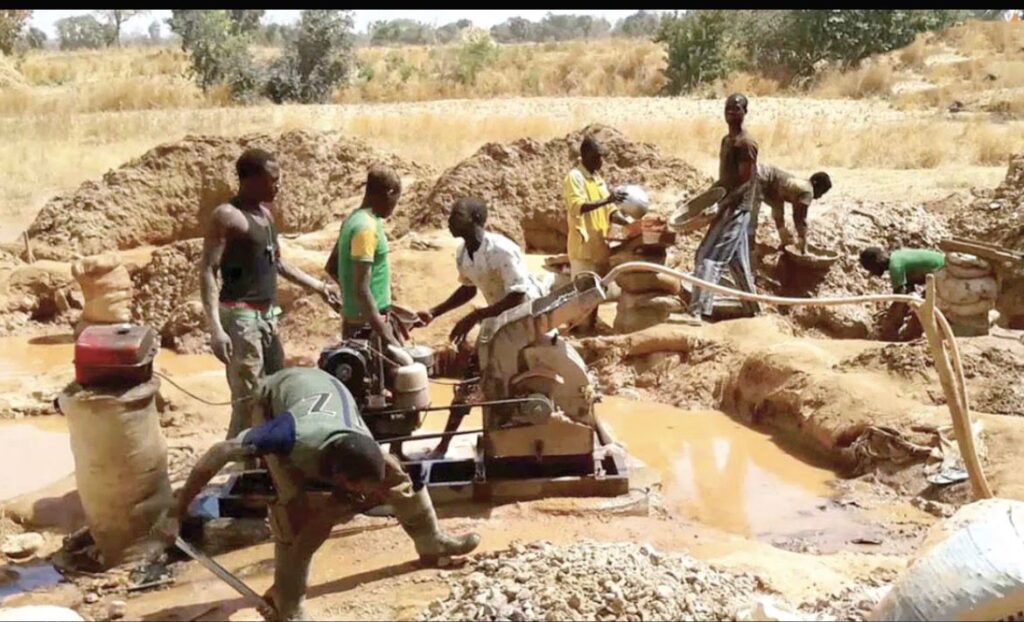ExxonMobil Invests $1.5 Billion in Nigeria’s Deepwater Oil Development

ExxonMobil has announced a significant $1.5 billion investment in Nigeria’s deepwater oil sector, reaffirming its long-term commitment to the country’s energy industry.
This decision aims to boost offshore production while dispelling previous speculations about the company’s potential exit from the Nigerian market.
The investment, set to be implemented between the second quarter of 2025 and 2027, will focus primarily on revitalizing production in the Usan deepwater oil field. It will also accelerate the development of other key deepwater fields, including the Owowo and Erha projects.
A Final Investment Decision (FID) is expected in late Q3 2025, pending the approval of the Field Development Plan and internal and partner funding arrangements.
The announcement came following a high-level meeting between ExxonMobil’s Managing Director in Nigeria, Shane Harris, and the Chief Executive of the Nigerian Upstream Petroleum Regulatory Commission (NUPRC), Gbenga Komolafe.
The NUPRC has pledged its full support for ExxonMobil’s investment, emphasizing the importance of such partnerships in boosting Nigeria’s oil production capacity and economic growth.
This move aligns with ExxonMobil’s broader strategy to pivot from onshore operations, which it plans to divest to Seplat Energy, towards more stable and scalable offshore projects.
This shift underscores the company’s confidence in the long-term viability of Nigeria’s deepwater sector.
In addition to the $1.5 billion commitment, ExxonMobil previously announced plans to invest up to $10 billion in Nigeria’s deepwater oil operations, particularly focusing on the Owo project.
This broader strategy highlights the company’s dedication to enhancing Nigeria’s offshore oil production and reinforces its role as a key player in the global energy market.
ExxonMobil’s renewed investment in Nigeria’s upstream sector signals a strong vote of confidence in the country’s regulatory environment and long-term energy potential.
This commitment is expected to support thousands of jobs, increase local content participation, and significantly boost Nigeria’s oil revenue in the coming years.









